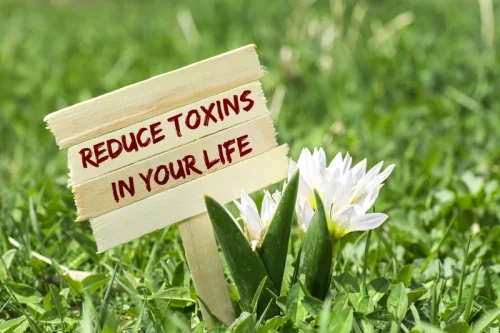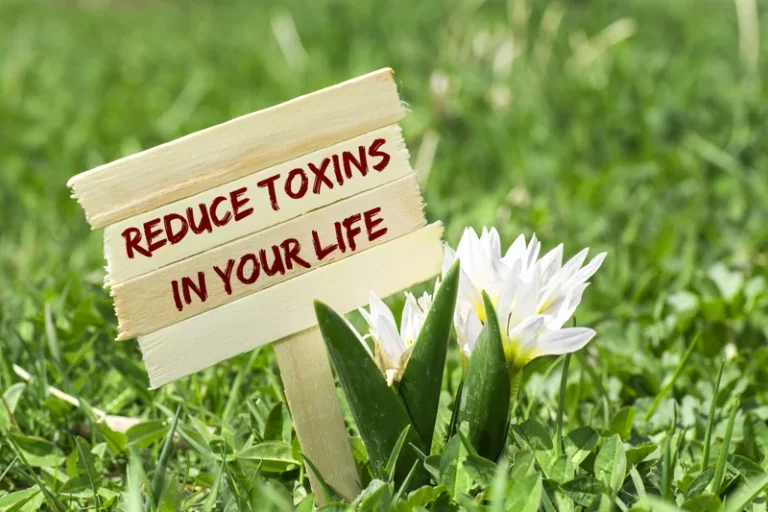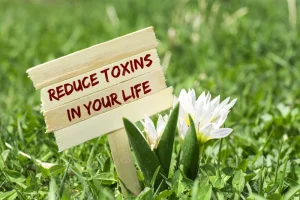
Eating alcohol panic attacks a balanced diet, particularly with “super foods” that support mental health, is highly beneficial for easing stress and improving mood. Regular exercise, a consistent sleep schedule and reduced caffeine and sugar intake can also help reduce anxiety. Alcohol works as “liquid courage” to face the situation without feeling fearful, overwhelmed or inadequate.
- Drinking excessive amounts of alcohol can also have noticeable physical and mental consequences.
- Some individuals may benefit from treatments such as medication or counseling.
- However, frequent panic attacks may lead to lifestyle changes, such as avoiding certain situations, which can impact mental health and daily functioning.
How alcohol can cause anxiety and why you shouldn’t treat anxiety with alcohol
Even one drink can interrupt the natural cycles of sleep, causing a nervous or irritable feeling the next morning. Alcohol is a mild anesthesia and will put you in the mood for sleep — at least initially. Later in the sleep stages, alcohol disrupts REM sleep and paralytic sleep, which is when your body rejuvenates itself. Dual diagnosis treatment addresses both alcohol use disorder and anxiety simultaneously. This integrated approach ensures comprehensive care for co-occurring conditions. Drinking water between alcoholic beverages helps maintain hydration levels.

How alcohol affects anxiety

Being in these situations can lead to heightened stress and anxiety, resulting in a panic attack. Anxiety disorders are a potential comorbidity of alcohol use disorder (AUD). People with AUD may have a higher risk of developing an anxiety disorder. People with anxiety disorders may use alcohol as a coping mechanism, which could lead to alcohol use disorder (AUD).
- The review authors reported that reducing alcohol intake could improve a person’s self-confidence, physical and mental quality of life, and social functioning.
- Panic attacks are sudden episodes of intense fear that trigger severe physical reactions.
- When we reach for alcohol in an effort to calm the symptoms of anxiety and panic, we can become trapped in a vicious cycle that may eventually lead to a physical or psychological addiction.
- If you are concerned that you or someone you care about has a problem with alcohol there is a lot of help available.
How Alcohol Affects Anxiety Disorders

Alcohol-induced anxiety can last for several hours, or even for an entire day after drinking. If you have been trying to quit drinking for a while but you can’t stop despite the negative consequences on your life, you might want to consider joining a 4-6 week treatment programme at an alcohol rehab clinic like Castle Craig. If blackouts are involved, the extra stress of the unknown, especially if poor judgement was involved, can increase anxiety levels further.
- It is also important to check whether you feel able to take a break from alcohol and look out for the warning signs of a drinking problem.
- It is true that alcohol can help with anxiety, at least temporarily, but it can also make it worse in the long run and cause serious panic attacks.
- In fact, alcohol’s effects can be similar to those of antianxiety medications.
- This interaction may contribute to the link between alcohol use and mood disorders.
- Often when drinkers experience panic attacks, they drink more to combat the fear.

Neglecting one for the other can worsen symptoms, complicating the prognosis. The best option for addressing both alcohol withdrawal and anxiety symptoms is integrated treatment plans. If, after reading this article, you realize you may need treatment for alcohol abuse or anxiety disorder, seek professional help as soon as possible. It is not recommended to use alcohol as a coping mechanism to avoid panic attacks and feelings of anxiety, as this can make the initial problem worse in the long term. Drinking alcohol on a regular basis can result in your body building up a tolerance to this substance over time. This means that you will need to drink larger amounts of alcohol on a more frequent basis in order to experience the same effects, increasing the risk of developing a physical or psychological addiction.

Health Categories to Explore
Hangovers can also add to the stress, if a person can’t function, or has to miss work/school. Avoidance behaviors may develop, with individuals steering clear of situations that trigger anxiety. Social withdrawal is not uncommon, as people may isolate themselves to manage their symptoms. Increased alcohol consumption to self-medicate anxiety can create a harmful cycle, worsening symptoms over time. As the effects of alcohol wear off, individuals may experience heightened anxiety, creating a cycle of dependence.


















